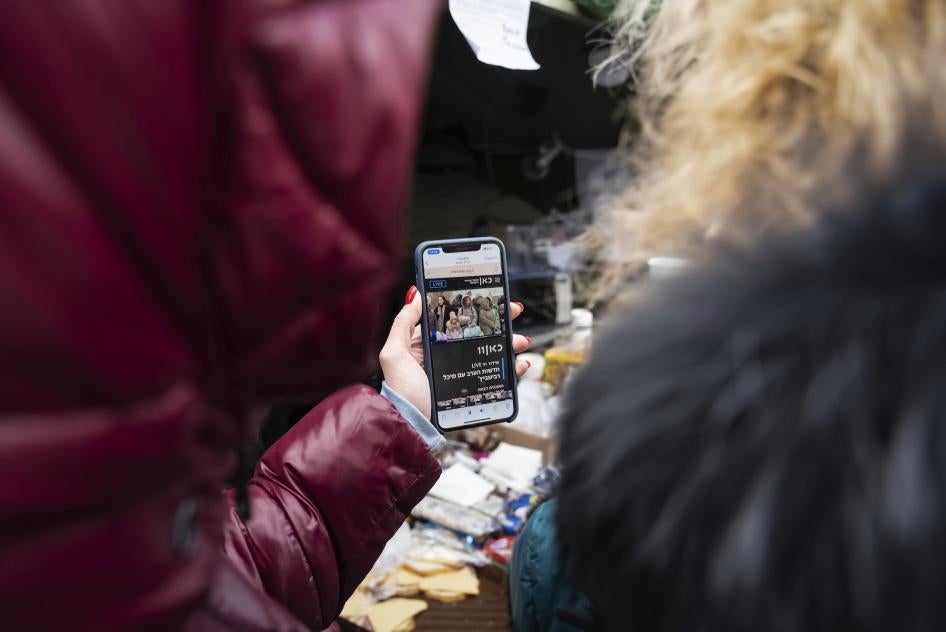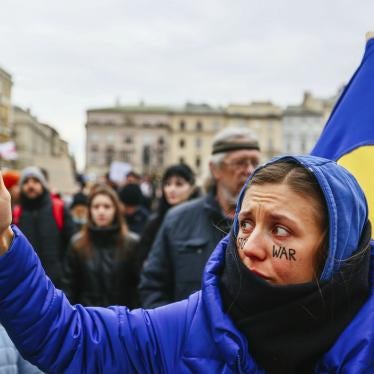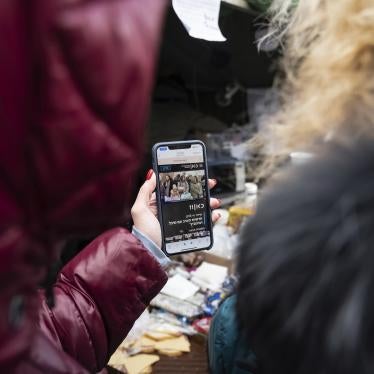Twitter recently announced a slew of new policy directives aimed at better moderating information around the war in Ukraine. Among these was the announcement in April that it would begin removing tweets from government and state-affiliated media accounts that depict prisoners of war (POW) in conflicts, which is contrary to the Geneva Conventions that set out the laws of war. As people share important information about the war on social media, it is essential to ensure that posting the material does not further violations of individuals’ rights.
Human Rights Watch analyzed several videos posted to social media in March that appeared to show Ukrainian forces abusing captured Russian soldiers, who have POW status under international law. Inhumane treatment of POWs can be a war crime, and countries are obligated to prevent and punish serious violations.
Countries also have an obligation under the laws of war not to allow POWs to become public curiosities, which includes not publishing material that identifies individual prisoners. Upon our digital lab’s analysis of social media videos, Human Rights Watch called on Ukrainian authorities to stop and prevent the posting of videos depicting captured Russian soldiers, particularly those showing them being mistreated.
Twitter’s move shows that technology companies can help protect POWs from further abuse by hiding their identities. Human Rights Watch wrote to Twitter and other companies with our concerns around the use of social media platforms to show identities of POWs in Ukraine. We met with Twitter to discuss how the company can address this and other issues. Twitter noted that its new policy came about “in consultation with human rights groups.”
Meanwhile, the ways in which social media companies generally have responded to the war in Ukraine, as well as other conflicts around the world, remains concerning. Especially at the beginning of the invasion in February, platforms seemed to be making quite far-reaching content decisions on the fly. For example, in late March, Meta, the parent company to Facebook and Instagram, changed its policies on Ukraine content daily. The New York Times reported that this caused confusion for content moderators tasked with implementing these decisions.
Also, we don’t currently know how many resources companies dedicate to content moderation and safety on their platforms across regions and languages.
Human Rights Watch has done extensive work cataloging social media companies’ responses to the war in Ukraine and outlining their human rights responsibilities. This is something that Twitter’s buyer, Elon Musk, should keep in mind. Technology companies have a responsibility to not help propagate abuses online and to ensure everyone has the same level of protection from abuse and harm. They should face accountability if they fail to do so.










